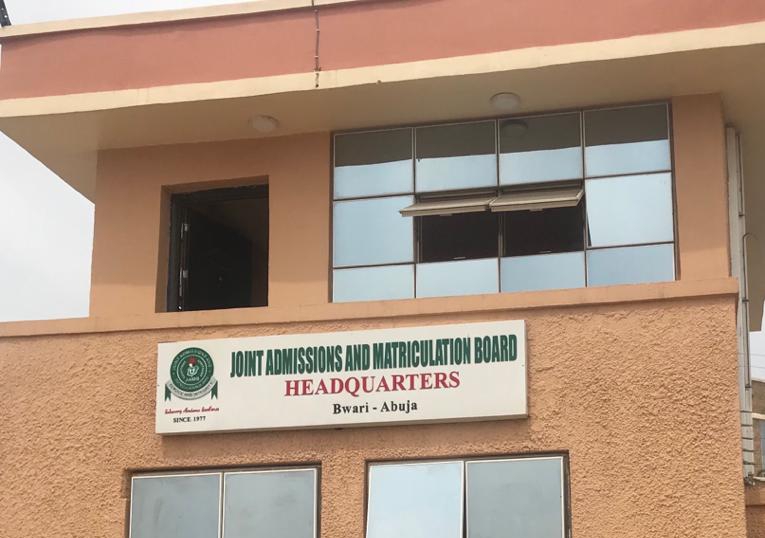Concerns Over New Lubricant Import Permit Policy Threatening Local Industry

The Lubricant Producers Association of Nigeria (LUPAN) has voiced strong opposition to the Federal Government's newly introduced import permit requirement for lubricants, arguing that the policy poses an existential threat to the domestic industry. According to Emeka Obidike, Executive Secretary of LUPAN, this measure could lead to the loss of over 200,000 jobs and cripple existing local manufacturing plants, which are already operating at less than 30 percent of their installed capacities.
Obidike emphasized that the policy is antithetical to the growth achieved in the sector over recent years and would derail the Federal Government's ongoing efforts to perfect its lubricant industry policy through the Ministry of Industry, Trade and Investment. He highlighted LUPAN's long-standing advocacy for the advancement of Nigeria's indigenous lubricant market, aiming for it to be competitive globally in terms of quality, diversity, and versatility. The implementation of the new import permit, he warned, would deter further investment opportunities within the lubricant sector.
A significant point of contention raised by LUPAN is the existing paradox where Nigeria possesses lubricant production capacity far exceeding its national demand, with potential for export, yet this capacity remains largely underutilized due to the unrestrained influx of finished products. Obidike also cautioned against an anticipated increase in machinery breakdowns across the country, attributing this to the potential proliferation of low-quality imported lubricants under the new policy.
Furthermore, LUPAN argued that the new policy could inadvertently foster market compromise, similar to issues observed with the indiscriminate granting of basic oil import permits to entities without actual blending plants. This, they claim, would create an unfair market advantage for imported lubricants, exacerbated by persistent local challenges such as unreliable power supply, multiple taxation, fluctuating foreign exchange rates, inadequate infrastructure, and high interest rates, ultimately pushing many local companies towards bankruptcy and insolvency due to substantial losses.
In contrast, the Nigerian Midstream and Downstream Petroleum Regulatory Authority (NMDPRA), through its Chief Executive, Farouk Ahmed, has presented the new import permit system as a vital step towards ensuring market integrity. Ahmed, represented by Francis Ogaree, Executive Director of Hydrocarbon Processing Plants, Installations and Transportation Infrastructure (HPPITI), clarified that the authority's plan to issue licenses for lubricant importation is specifically designed to curb the pervasive influx of substandard and counterfeit lubricants into the country.
The NMDPRA's objective is to establish proper regulatory oversight in the lubricant sector. To facilitate this, Ahmed announced the rollout of the "Lubricant Importation Module" on the Lube Oil Blending Plant (LOBP) Portal. This digital tool is intended to streamline and simplify the entire process of applying for, approving, and monitoring lubricant imports, thereby promoting transparency and adherence to quality standards within the market.
This policy divergence underscores a critical tension between regulatory efforts aimed at quality control and industry concerns about local capacity utilization and job protection. While NMDPRA seeks to sanitize the market from poor-quality products, LUPAN fears the unintended consequence of stifling domestic production and investment, potentially reversing hard-won progress in Nigeria's indigenous lubricant industry.










